Quitting alcohol can change your body and mind in ways you might not expect. While many people assume they’ll instantly feel better, the transition often includes temporary discomfort. Whether you’re giving it up for a month or leaving it behind forever, it’s helpful to know how your body reacts. Understanding the side effects of not drinking alcohol can help you stay motivated and avoid unnecessary setbacks. This article outlines the most common changes to expect after quitting alcohol. Some happen quickly, others take time. But every single one is part of a larger process toward better health.
1. Your Sleep Might Get Worse Before It Gets Better
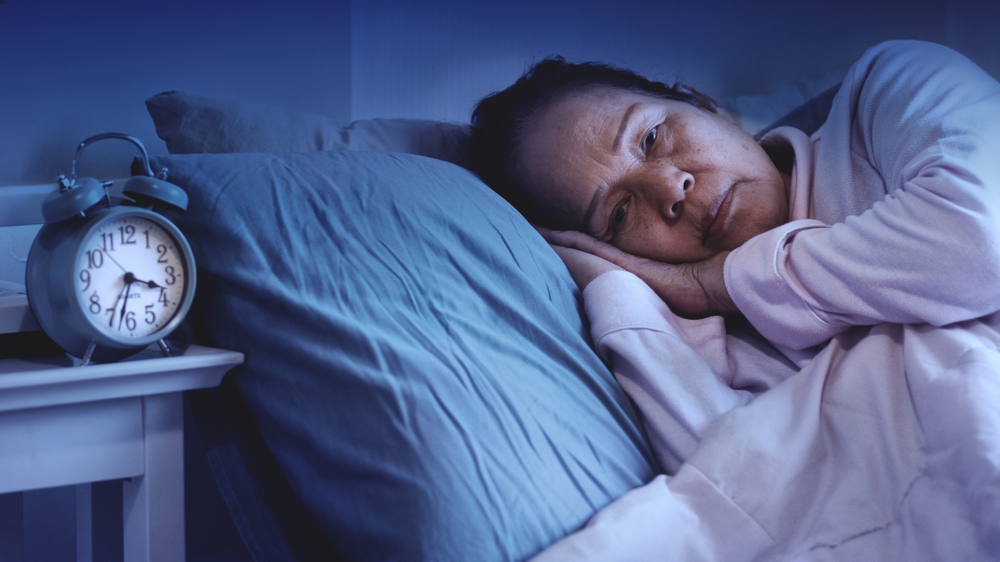
One of the first side effects of not drinking alcohol is poor sleep. It seems unfair, but it’s common. Alcohol may make you feel drowsy, but it disrupts your natural sleep cycle. After quitting, your body has to relearn how to regulate sleep without it. Many people experience tossing, turning, or vivid dreams in the first few nights. Some wake up several times or feel restless in the early morning. This happens because alcohol previously interfered with REM sleep. Now, your brain is making up for lost time.
Fortunately, the insomnia does not last. As your nervous system rebalances, your sleep improves. By the second or third week, many people find themselves sleeping deeper and waking up more refreshed. Prioritizing a wind-down routine and reducing caffeine can also help restore better sleep patterns faster.
2. Anxiety and Irritability May Increase at First

Without alcohol, your brain must find new ways to handle stress. That’s why many people report heightened anxiety or irritability after quitting. The initial phase of alcohol withdrawal includes rapid chemical adjustments in the brain. GABA and glutamate, two major neurotransmitters affected by alcohol, become temporarily unbalanced.
You may find yourself overreacting to small issues or feeling overwhelmed by everyday problems. Mood swings are normal, especially if alcohol was your way to manage stress. Meditation, walking, or even light stretching can help reduce tension during this transition. As your brain stabilizes, these emotional spikes decrease. Most people notice significant improvement within a few weeks.
3. Sugar Cravings Often Replace the Urge to Drink
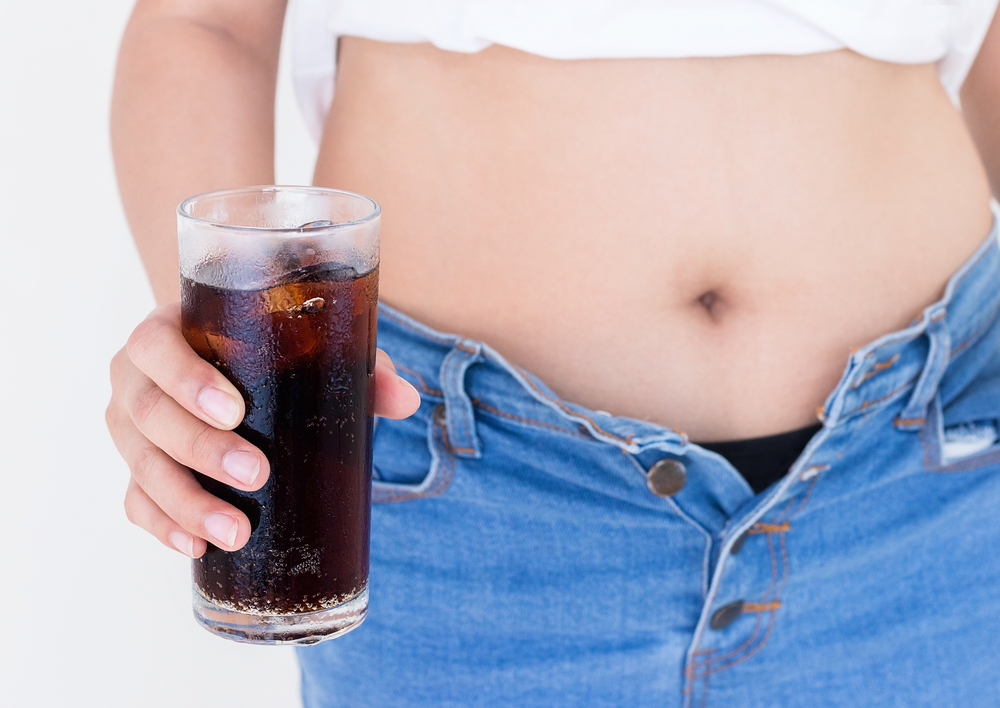
Many people trade one craving for another when they stop drinking alcohol. Sugar cravings can be intense and unexpected. Since alcohol affects dopamine, removing it may leave your brain searching for new sources of satisfaction. Sugar provides quick pleasure and temporary mood boosts, making it an easy substitute.
You may find yourself reaching for candy, soda, or carbs more often than usual. While this is natural, it’s helpful to manage it. Replacing alcohol with sugary foods may lead to fatigue or weight gain if left unchecked. Try to satisfy sweet cravings with whole foods, like fruit or protein-rich snacks. This helps stabilize your blood sugar and avoid energy crashes.
4. Your Weight May Go Up, Down, or Stay the Same
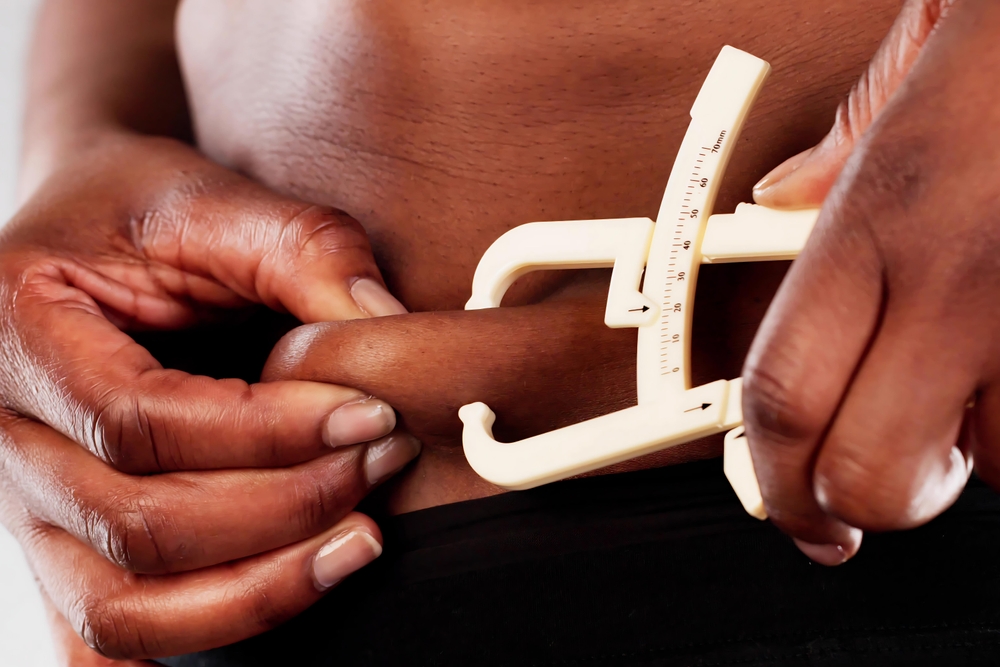
When people quit drinking alcohol, they often expect to lose weight. That’s not guaranteed. Alcohol has empty calories, so removing it lowers your overall intake. However, increased hunger or sugar cravings might cancel out those savings.
Some people gain weight after quitting, especially in the first few weeks. This can feel discouraging, but it’s part of the adjustment. The body is adapting to the absence of alcohol and may temporarily hold onto extra water or fat. Others lose weight rapidly as cravings fade and their metabolism improves. Long-term, most people see a gradual improvement in body composition, especially with exercise and balanced meals.
5. Your Digestive System Might Get Confused
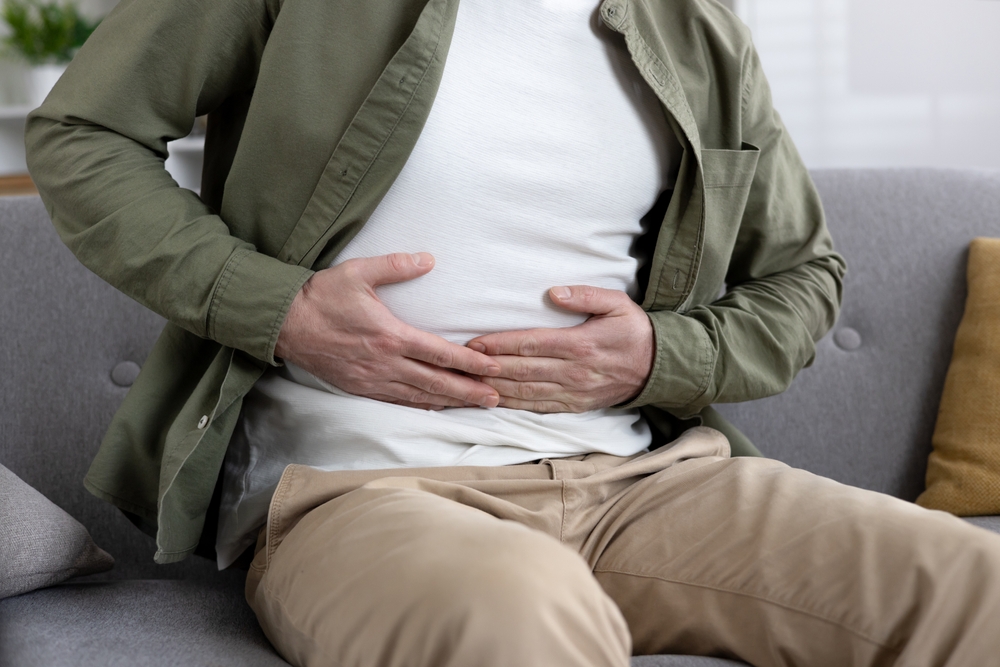
Another common side effect of not drinking alcohol is a shift in digestion. Alcohol impacts the lining of your stomach and gut flora. When you stop drinking, your digestive system goes through a reset. Some people feel bloated or constipated. Others report more gas or irregular bowel movements.
These symptoms are temporary. Over time, your stomach produces enzymes more efficiently, and your gut microbiome begins to repair. Including probiotics, fiber-rich foods, and plenty of water can help ease this transition. Once the gut stabilizes, digestion becomes smoother, and nutrients absorb more effectively.
6. Skin May Break Out Before It Clears Up
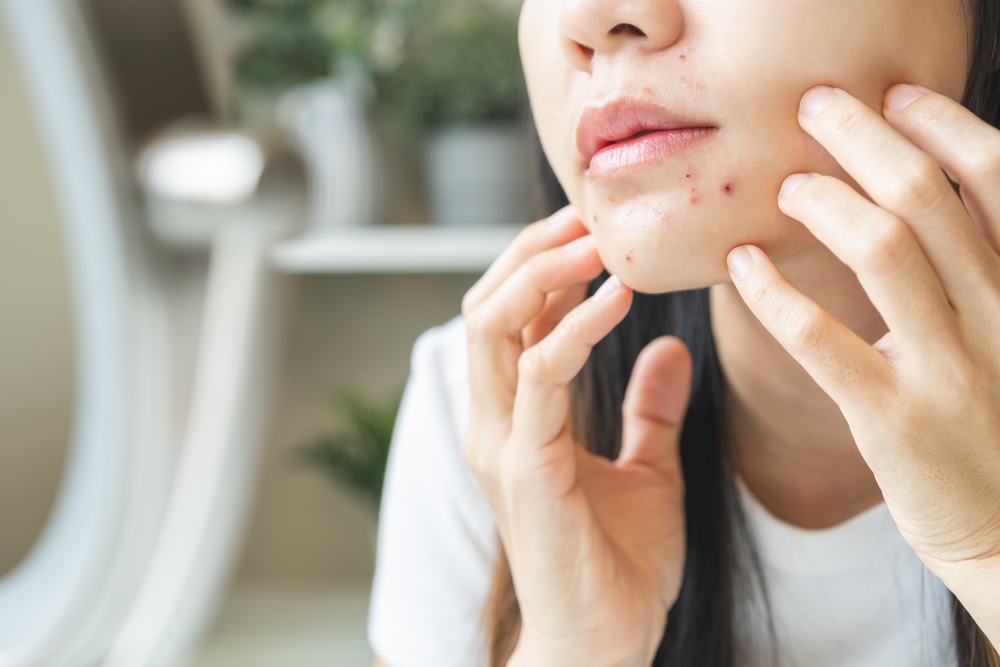
One benefit of not drinking alcohol is better skin, but the results take time. Alcohol dehydrates the body, including the skin. When you quit, your body begins to detox, which can lead to short-term breakouts or dry patches.
This might feel like a step backward, but it’s part of the healing process. As blood flow improves and toxins leave the system, your skin tone evens out. Pores shrink, redness fades, and dark circles begin to disappear. By the second month, many people notice a more youthful, glowing appearance. Keeping your skin moisturized and drinking more water speeds up these visible results.
Read More: 15 Habits That Make You Age Faster After 40
7. Emotional Numbness Wears Off, for Better or Worse
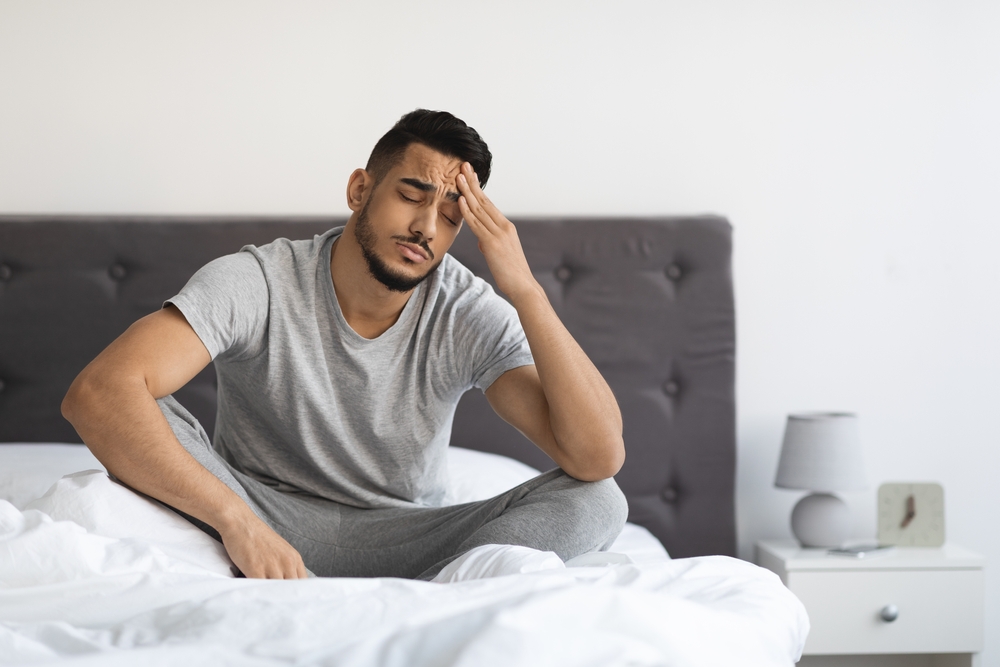
Alcohol often acts as an emotional shield. Without it, emotions come back stronger. Some people feel exposed, raw, or even panicked. Old memories, regrets, or insecurities may rise to the surface. This emotional wave is one of the most challenging parts of early sobriety.
But it’s also where deep healing begins. Journaling, therapy, or simply talking to a trusted friend can help process these feelings. Many people find that after they pass through this emotional storm, they feel more grounded. Joy, gratitude, and peace return in a more authentic way. Emotional strength improves over time and makes future stress easier to manage without alcohol.
8. Your Blood Pressure and Heart Rate May Improve

One of the lesser-known benefits of quitting alcohol is improved cardiovascular health. Alcohol raises blood pressure and resting heart rate. Within weeks of quitting, many people experience measurable improvements.
You may notice that your heart rate slows down during rest or that you feel less winded during physical activity. Reduced inflammation and better circulation contribute to long-term protection from heart disease. These effects build gradually, especially if paired with a nutrient-dense diet and movement. Even light exercise, such as walking, helps accelerate recovery.
9. Social Situations Can Feel Uncomfortable

One of the social side effects of not drinking alcohol is awkwardness at events. Alcohol is often a social glue. Without it, parties or gatherings may feel tense or overwhelming. You might feel out of place or self-conscious.
That’s normal. It takes time to adjust to being sober in drinking environments. Some people prefer to avoid alcohol-centric gatherings in early sobriety, while others bring a non-alcoholic drink to feel more included. Over time, you’ll discover which events feel good and which ones don’t. Many people also find new social circles that support their sober lifestyle.
10. Hormonal Changes May Be Subtle but Significant

Alcohol disrupts hormone production, especially those that regulate mood, appetite, and energy. When you stop drinking, your hormones begin to normalize. For women, this might mean more predictable menstrual cycles. For men, testosterone levels often improve.
Some people notice better libido, clearer thinking, or fewer energy crashes during the day. However, this rebalancing doesn’t happen overnight. Hormonal shifts can take several weeks or months. Supporting your body with regular meals, quality sleep, and minimal stress makes this adjustment smoother.
11. Brain Fog Lifts and Focus Returns

One of the biggest improvements after quitting alcohol is mental clarity. In the first few days, brain fog is common. You may feel scattered or struggle to concentrate. This is partly due to withdrawal, but also because your brain is adjusting to new patterns.
After a few weeks, focus returns. Tasks feel easier, and memory improves. You may find yourself completing work faster, having clearer conversations, or planning more effectively. These mental gains are among the most rewarding effects of long-term sobriety.
12. You Might Feel Lonely or Misunderstood

Not drinking alcohol changes how you relate to others. Some friends may not understand your decision. You might get fewer invites or feel distant from social circles. This shift can feel isolating, especially at first.
But it’s often the beginning of a more meaningful life. Many people say they connect with others on a deeper level after quitting alcohol. You might discover new interests, join support groups, or build sober friendships. Over time, your relationships improve in quality, even if they become fewer in number.
The Side Effects Are Temporary, the Benefits Last

Understanding the side effects of not drinking alcohol can help you stay committed. While the early days can be rough, the long-term benefits are clear. Better sleep, emotional stability, mental clarity, and physical health are all within reach.
Alcohol may feel like a solution, but it often causes more problems than it solves. Quitting it can be challenging, but it’s also one of the most empowering choices you can make. With the right support and self-care, the discomfort fades and the rewards build. No matter your reasons for quitting, know that every day without alcohol helps your body heal and thrive.
Read More: After More Than A Year Sober, Man Shares Everything That’s Changed Since He Gave Up Alcohol
Disclaimer: This article was created with AI assistance and edited by a human for accuracy and clarity.
Disclaimer: This information is not intended to be a substitute for professional medical advice, diagnosis or treatment and is for information only. Always seek the advice of your physician or another qualified health provider with any questions about your medical condition and/or current medication. Do not disregard professional medical advice or delay seeking advice or treatment because of something you have read here.

